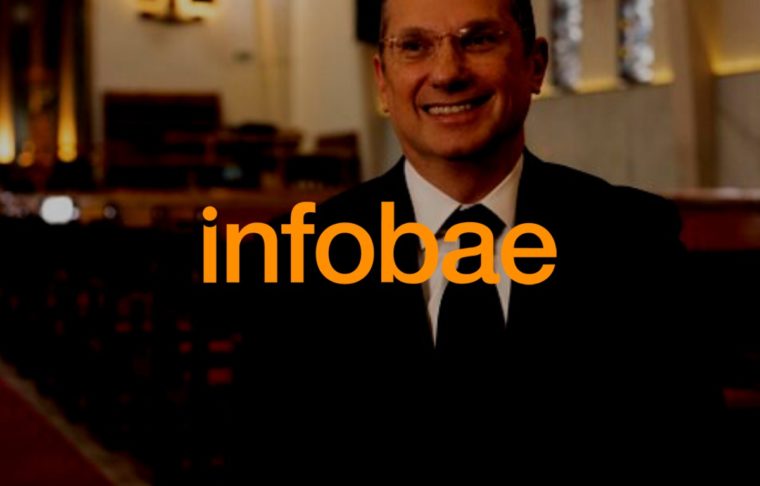Dilemmas of citizen ethics

Article published on February, 25th 2021 in Infobae.
Two political lessons from the Hebrew holiday of Purim
By Chief Rabbi Isaac Sacca, February, 25th 2021
On Thursday, February 25th, at night and on Friday, February 26th, until afternoon, Jews celebrate the holiday of Purim, in which the events narrated in the Scroll of Esther are remembered: Haman, an evil minister, manipulates King Achashverosh (Ahasuerus) to decree the extermination of all the Jews of the Persian Empire, but this genocidal attempt is unsuccessful thanks to the actions of Esther and Mordechai (Mordecai).
According to the Scroll of Esther , Haman’s hatred was instigated by a seemingly banal episode: when all the subjects of the kingdom bowed down to the evil minister, Mordechai refused to do so. Haman was jealous: his power was lowered in the face of a mere subject. His hatred of Mordechai grew and he transferred it to the entire Jewish people.
Antisemitism was born in its classic expression: exacerbation of hatred, false accusations and Manichean manipulations of power. Under a superficial reading of events, Mordechai’s attitude could be considered rebellious and factious. After all, Mordechai was really questioning Haman’s authority.
Here we discover the first political lesson of Purim: Power is not arbitrary or conquered by mere force, but it is won through the spirit. The legitimacy of a ruler is measured by the morality of his actions. No ruler has the authority to attack the foundations of freedom of conscience, thought, expression and worship. Faced with those who try to silence the dissident and homogenize society, the answer must be a firm and resolute “no”.
However, Haman’s gaze, blinded by hatred, is incomplete and inadequate. Mordechai was not attacking authority in general, but illegitimate authority. We learn this again from the same events in the Scroll of Esther: it is Mordechai himself who denounces a plot against the king, saving his life and his reign.
Here we discover the second political lesson of Purim: respect legitimate authority and seek its well-being. Although Mordechai made no personal gain by saving King Achashverosh, he carried out his duty as a citizen in an exemplary way, regardless of the consequences. Legitimate authority must be respected to maintain order: without hierarchies of any kind, the danger of anarchy and the destruction of the pillars of civilization arises.
Thus, we discover two principles: respect authority and, simultaneously, mark its limits. Facing generalized apathy and indifference, only an active citizen attitude can help us walk between these two fundamental principles of political action.
By focusing on the character of Mordechai, we can extract some relevant political lessons for our troubled and polarized present. Certainly, rereading the Bible with attentive eyes can help us deal with our own reality in search of peace and justice.
Source: www.infobae.com

